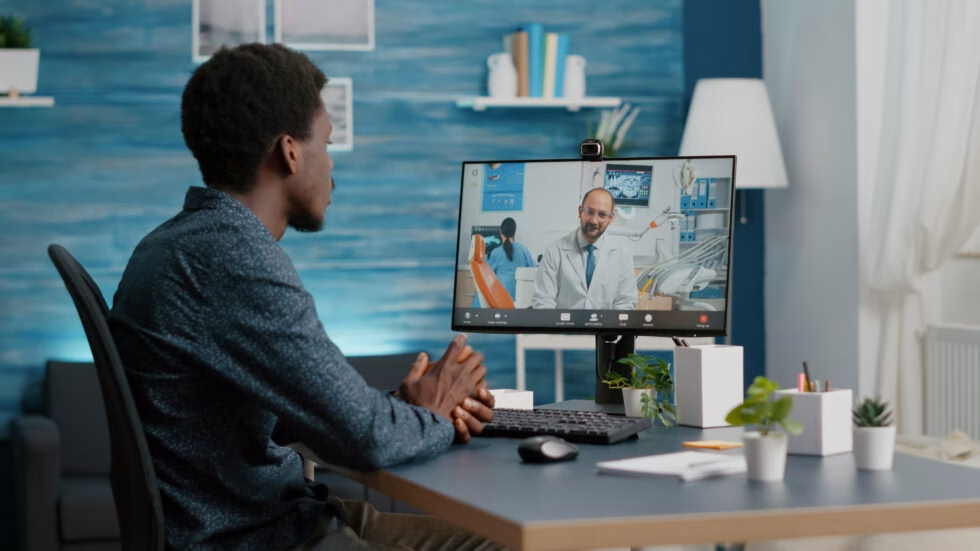
Learn what norovirus is, the steps you can take to prevent it, and how we can help you stay safe. Visit our urgent care today!
Winter in Athens, TN, often means crisp mornings, cozy evenings, and more time spent indoors – especially after a chilly walk through the Mayfield Dairy Farm visitor center or while enjoying the scenic views at the Eureka Trail. But with the colder season also comes a greater risk of certain viruses spreading more easily, particularly in close-contact settings like schools, workplaces, and local community events.
One common culprit behind sudden stomach bugs this time of year is norovirus. Sometimes called the “winter vomiting bug,” norovirus spreads quickly and can cause serious discomfort for those affected. So how can you recognize it, and more importantly, how can we work together to keep our community healthy and protected? Let’s break it down.
How Does Norovirus Spread?
Norovirus is incredibly contagious and spreads in several ways, including:
- Person-to-person contact – Shaking hands or close interactions with an infected individual.
- Contaminated food or water – Food prepared by someone with norovirus can spread the virus, as can drinking contaminated water.
- Touching infected surfaces – The virus can survive on surfaces for days and spread when people touch their faces or eat without washing their hands.
- Airborne particles – Vomiting can release norovirus particles into the air, making infection possible even without direct contact.
Because the norovirus can survive harsh conditions, including heat, cold, and common disinfectants, it’s essential to take extra precautions to prevent its spread.
What Are the Symptoms of Norovirus?
Symptoms typically appear 12 to 48 hours after exposure and can last between 1 to 3 days. The most common symptoms include:
- Severe nausea and vomiting
- Watery diarrhea
- Stomach pain or cramps
- Low-grade fever
- Muscle aches and general fatigue
Some individuals may carry and spread the virus without showing symptoms, making prevention even more critical in high-risk environments.
Who Is Most at Risk for Severe Norovirus Infection?
While most people recover quickly, certain groups are at higher risk of complications, such as severe dehydration:
- Young children – More susceptible to dehydration due to frequent vomiting and diarrhea.
- Older adults – Weaker immune systems can lead to prolonged illness.
- People with compromised immune systems – Underlying health conditions can make norovirus more severe.
- Pregnant individuals – Dehydration can pose risks to both the mother and baby.
Seek medical care at AFC Athens if symptoms persist beyond a few days or if dehydration becomes a concern.
How Can We Prevent Norovirus in Our Communities?
Since norovirus spreads quickly, following these precautions can help protect individuals and communities:
- Wash hands frequently – Use soap and water for at least 20 seconds, especially after using the restroom or before preparing food.
- Clean and disinfect surfaces – Use a bleach-based cleaner to kill lingering virus particles.
- Avoid food preparation while sick – Wait at least 48 hours after symptoms stop before handling food for others.
- Cook shellfish thoroughly – Raw oysters and seafood are common sources of norovirus.
- Stay home when sick – Avoid contact with others, especially in schools, workplaces, and healthcare settings.
- Hydrate properly – Prevent dehydration by drinking water, electrolyte solutions, or broths when ill.
When Should You See a Physician?
Most cases of norovirus resolve without medical treatment, but some symptoms indicate a need for urgent care:
- Severe dehydration – Symptoms like dizziness, dry mouth, and reduced urination.
- Persistent vomiting or diarrhea – Lasting more than three days.
- Bloody stools – A sign of a more serious infection.
- High fever – May indicate complications.
If you or a loved one is experiencing severe symptoms, visit our clinic in Athens for prompt medical attention. Our clinic is open seven days a week for walk-in visits, so no appointment is necessary.
Protecting Our Communities
Norovirus is highly contagious, but taking proactive steps can significantly reduce the risk of outbreaks. By practicing good hygiene, proper food handling, and staying home when sick, we can help keep our schools, workplaces, and public spaces safe.
For expert medical care and support, visit AFC Athens today.


